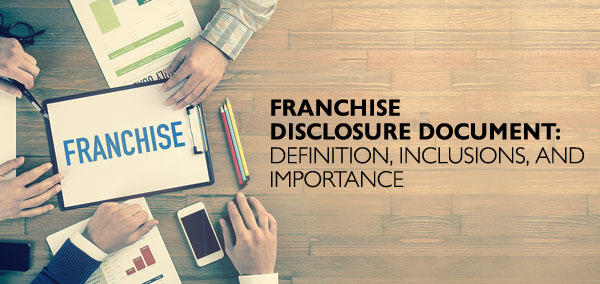The Franchise law and Goodwill!
By not preparing, you are preparing to fail. (B. Franklin).
On February 1, 2021, the Dutch Franchise Act (Wet Franchise) came into effect, which governs the relationship between franchisors and franchisees in the Netherlands. The act seeks to ensure that both parties have a fair and balanced relationship and that the franchisor does not exploit the franchisee.
Goodwill
One of the critical elements of the Dutch Franchise Act is the concept of “goodwill.” Goodwill is defined as the value of a franchisee’s business resulting from the franchise agreement, which includes the right to use the franchisor’s trademark, trade name, and other intellectual property. Goodwill also encompasses the value of the franchisee’s relationships with customers, suppliers, and employees.
obligation to provide information
An essential aspect of the goodwill arrangement is that franchisors must inform franchisees fully and in writing before the conclusion of the agreement about the expected goodwill value upon termination of the agreement. This information should be clear and understandable so that franchisees have a good understanding of what to expect. When a franchise agreement is terminated, the franchisee is entitled to compensation for the transferred goodwill.

Protection
The Dutch Franchise Act recognizes the importance of goodwill in franchising and provides franchisees with certain protections to ensure that they are adequately compensated for the value of their business.
Disclosure Document
First and foremost, the act requires franchisors to provide franchisees with a disclosure document before the franchise agreement is signed. This document must contain information about the franchisor’s financial situation and the franchise system, including any restrictions on the franchisee’s ability to transfer or sell the business.
Additionally, the act prohibits franchisors from imposing unfair restrictions on transferring or selling the franchisee’s business. Franchisees must be allowed to sell or transfer their business to a third party, if certain conditions are met, such as the new owner meeting the franchisor’s criteria for new franchisees.
Furthermore,
if the franchisor terminates a franchise agreement without cause, the franchisee is entitled to compensation for the value of their business. This compensation must include the value of the goodwill associated with the company and any costs related to the termination of the franchise agreement.
Good Faith
Finally, the Dutch Franchise Act requires franchisors to engage in good faith negotiations with franchisees regarding any changes to the franchise agreement, including changes that may impact the value of the franchisee’s business. Franchisees must be given sufficient notice of any proposed changes and must be given the opportunity to provide input and feedback.


Fair and Balanced
In summary, the Dutch Franchise Act recognizes the importance of goodwill in franchising and seeks to protect franchisees by providing them with certain rights and protections.
Franchisees are entitled to compensation for the value of their business, including the value of the goodwill associated with the franchise agreement, and must be given the opportunity to sell or transfer their business under fair and reasonable conditions.
The act promotes fair and balanced relationships between franchisors and franchisees, which is essential for the long-term success of franchising in the Netherlands.
